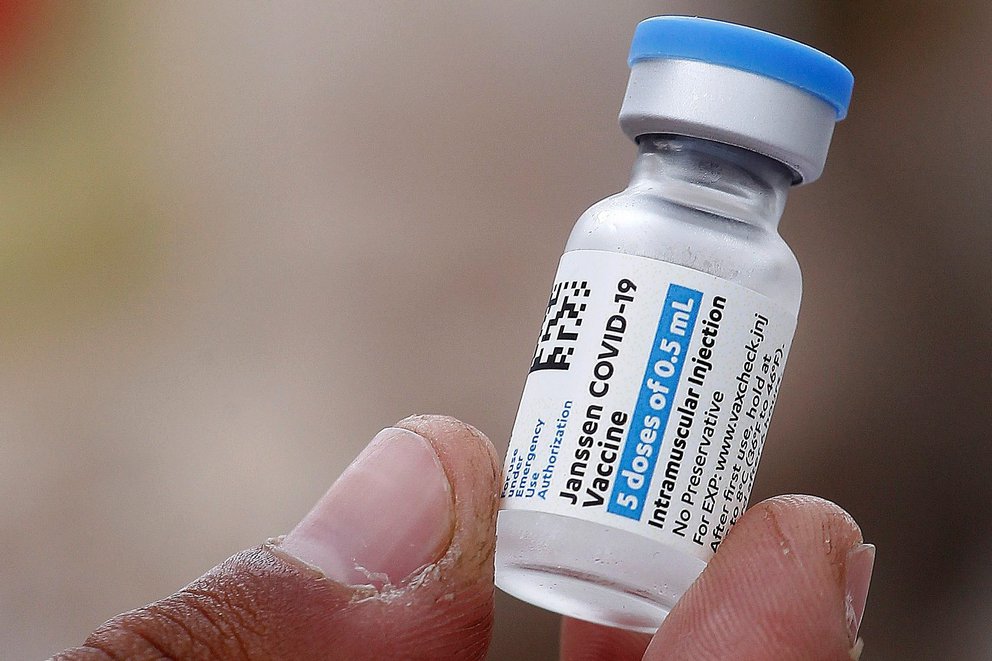
Johnson & Johnson’s COVID-19 vaccine would increase a person’s risk of developing rare blood clots in the brain , a new study published in the prestigious scientific journal JAMA Internal Medicine suggests
The study was conducted by researchers at the Mayo Clinic in Rochester, Minnesota, who compared data from the general population before the pandemic with data collected on the side effects of vaccines suffered by Americans.
In this way, they found that a person who received the Johnson & Johnson vaccine was 3.5 times more likely to develop blood clots in the brain than the average person before the pandemic.
Cerebral venous sinus thrombosis (CVST) is a known side effect of the J&J vaccine, and the discovery of this risk was the reason why use of the vaccine was stopped in April in the United States.
The researchers collected pre-pandemic data from Olmstead, County, Minnesota, a county of about 158,000 people from 2001 to 2015. They then used the Centers for Vaccine Adverse Event Reporting System (VAERS). Disease Control and Prevention (CDC) to find diagnoses of blood clots in people who received the J&J vaccine between the approval date in late February 2021 and May 7.
They found 46 CVST reports in VAERS after receiving the J&J vaccine, although eight were removed from the group for being duplicate reports or for not having been professionally diagnosed. Therefore, a total of 38 cases related to the J&J vaccine were detected , with more than 70% among women.
This implies 8.65 cases per 100,000 people, a rate 3.5 times higher than that of the general population.
They also found that there is an increased risk of developing this adverse affect within the first 15 days after receiving the injection, and that women are at greater risk if they are between 30 and 64 years old.

